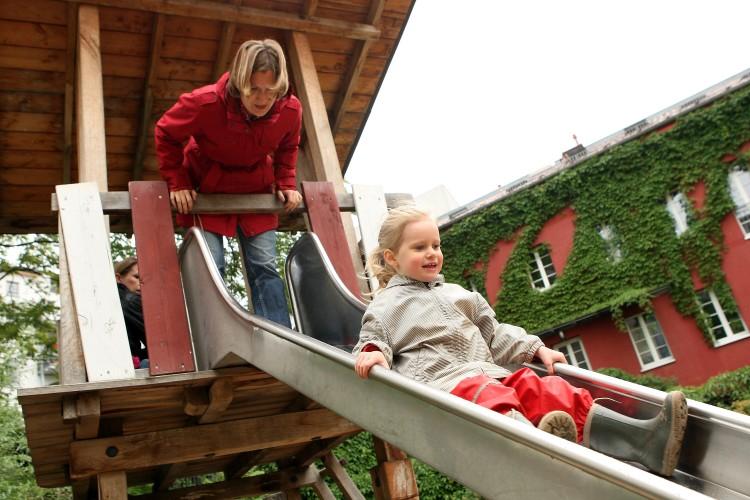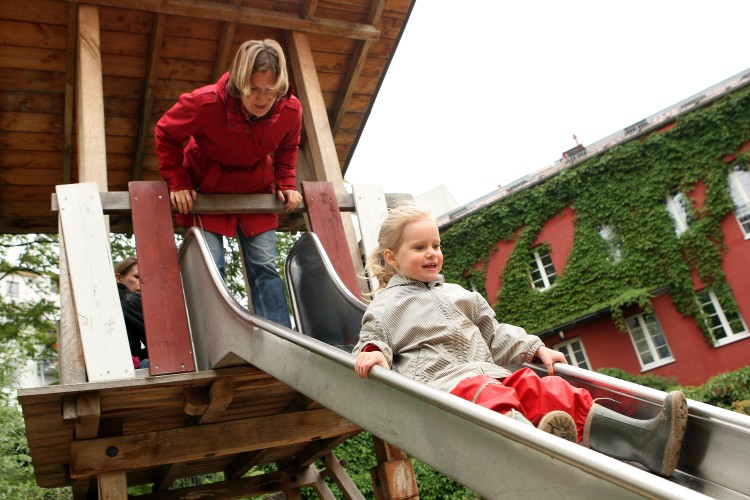NEW YORK—Increasing numbers of child abuse cases being reported in New York recently have heightened parents’ concerns over how to prevent and explain the issue in an age-appropriate way.
There are misconceptions surrounding child abuse, said Robert Hettleman, chief of the Child Abuse Unit at New York County District Attorney’s Office.
“What we fear most is the overcoat-wearing stranger at the park who is talking to little girls. It’s very terrifying, but also very rare,” Hettleman said at a workshop for parents last week.
In more than 90 percent of reported sexual assault cases, the offender is known to the victim, Hettleman said. The offender is often someone in a position of trust, so it is a difficult process for victims to tell someone they’re being abused. More than 80 percent of child abuse cases go unreported, according to the Child Abuse Prevention Program (CAPP).
CAPP conducts workshops in New York schools, teaching third- and fourth-graders how to avoid and report abuse happening in schools or abuse happening at home. The program has been reaching 10,000 children a year since 1986, and uses life-sized puppets to set a foundation for prevention—and if abuse is present, it allows children to speak.
“It’s about power, giving your child the power, the tools to protect themselves in a healthy way,” said a lawyer at the workshop who was abused as a child. “That’s ultimately what you need to teach parents to do, and it’s very hard.”
Precautions for an Age-Appropriate Conversation
Detailed explanations of sexual abuse may not be necessary to keep children safe. Using age-appropriate words such as “private places” to educate children on right and wrong will suffice, said experts.
Hettleman emphasizes the importance of children developing the willpower to reject uncomfortable touches, innocent or not.
Marion White, executive director of CAPP, said if abuse has taken place it is important to have a suitable person do the interview.
“Don’t show judgment, because the child is going to be keenly watching your reaction,” she said. Children may have been holding old secrets because they fear upsetting adults, she said, adding that it will be difficult for parents to control their emotions when finding out their children have been abused.
She said it is better for the interview to be done by professionals to avoid another McMartin Case. In 1983, one allegation of sexual abuse at the McMartin Preschool in California led 40 preschoolers to also claim to be sexually abused in the school. The prosecution lasted a decade cost $16 million. The case was eventually dropped.
For professionals, false disclosures are generally avoided by asking for detailed, thorough recounts repeatedly to make sure the child is not storytelling. It’s difficult for a child to tell the same conjured details multiple times. Motives and circumstances are also taken into consideration.
“False disclosures of real sexual abuse are not unheard of, however, but very rare,” Hettleman said. “Kids don’t often make things like that up. It’s not a small feat to say something like that.”






